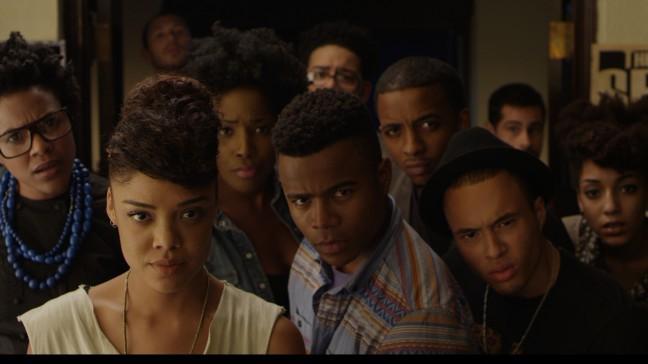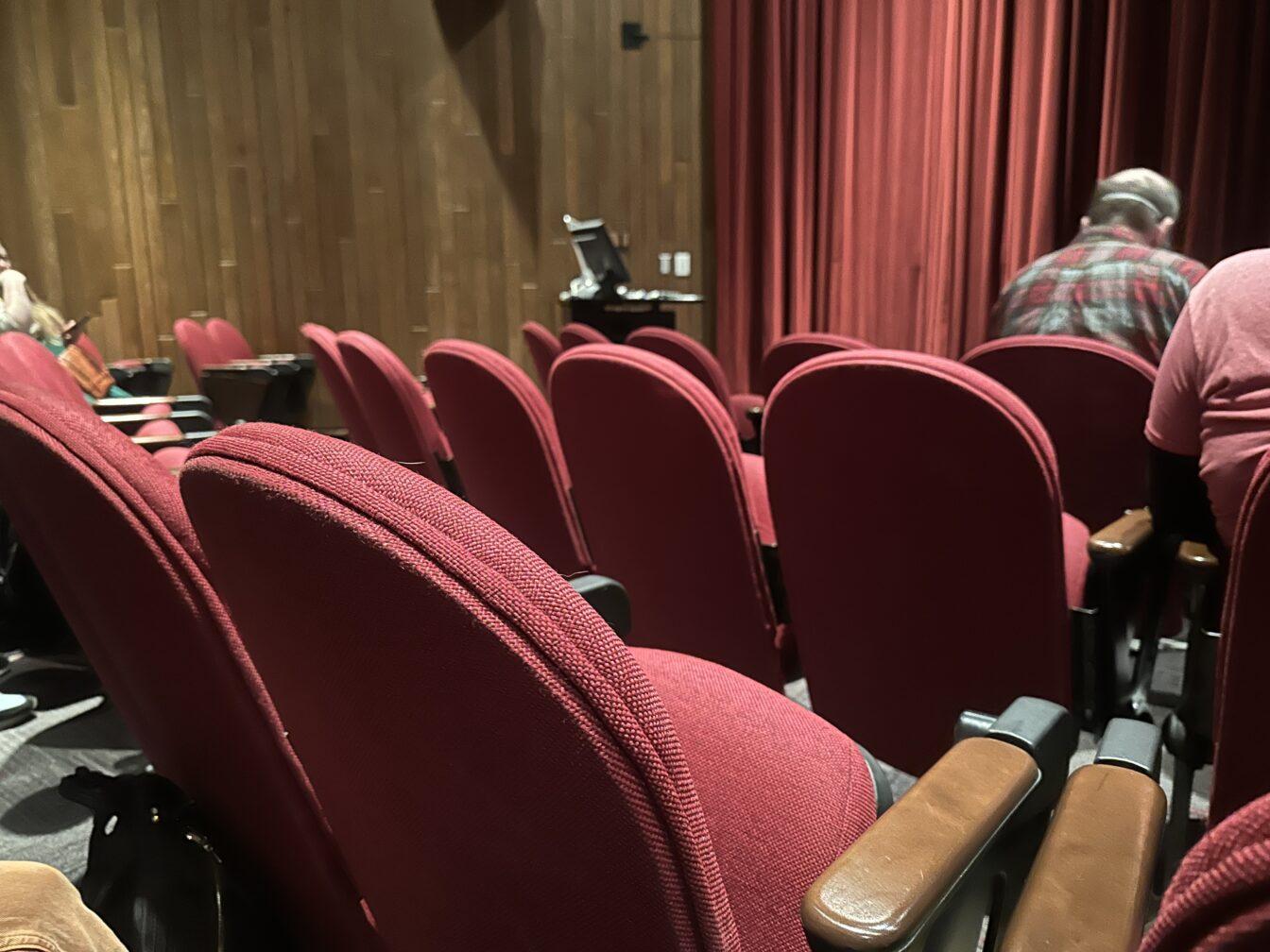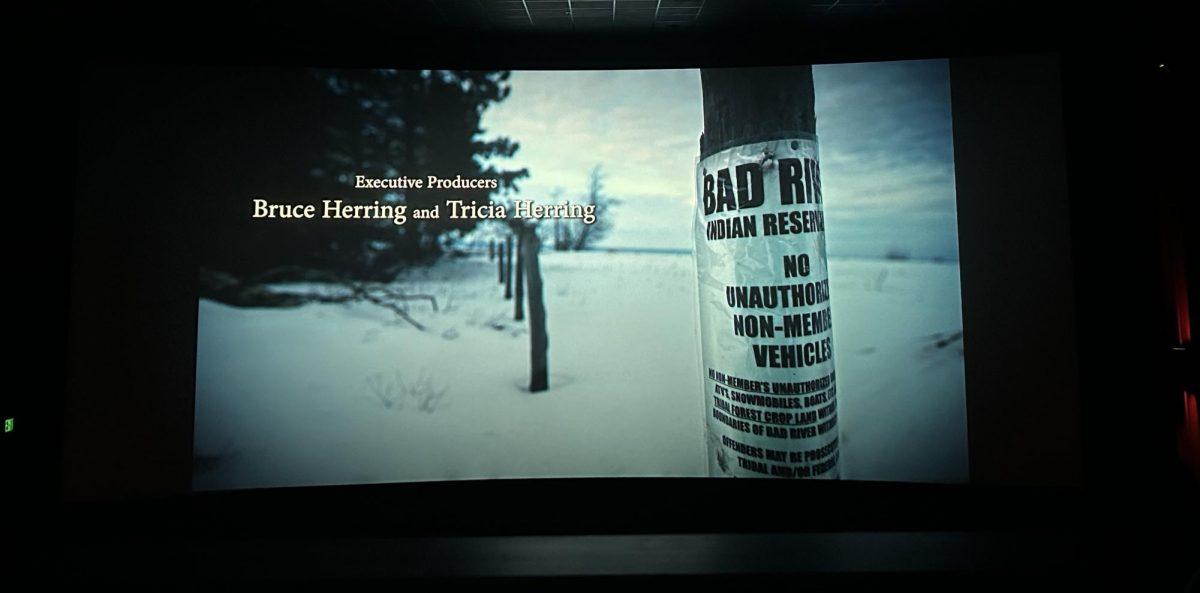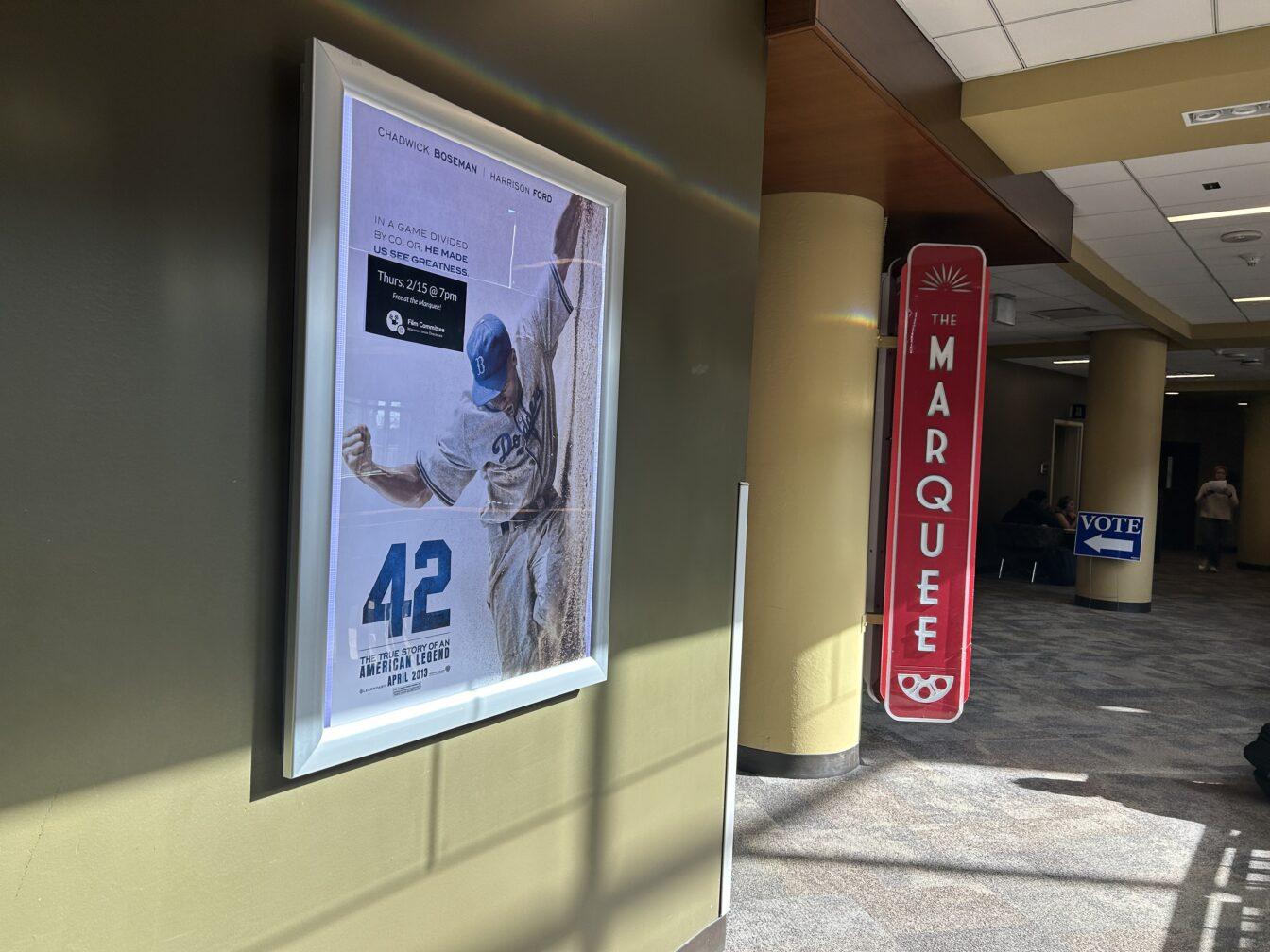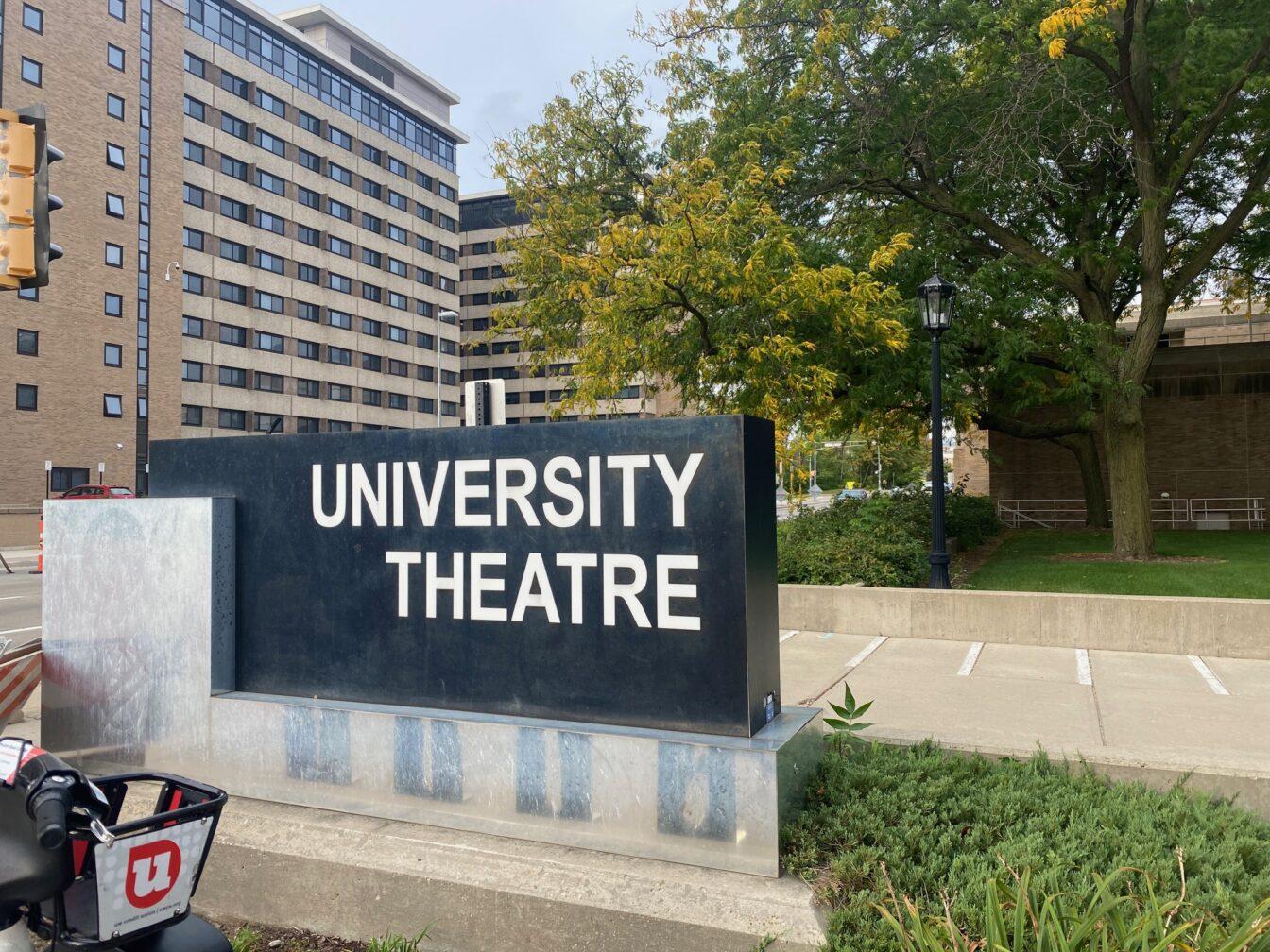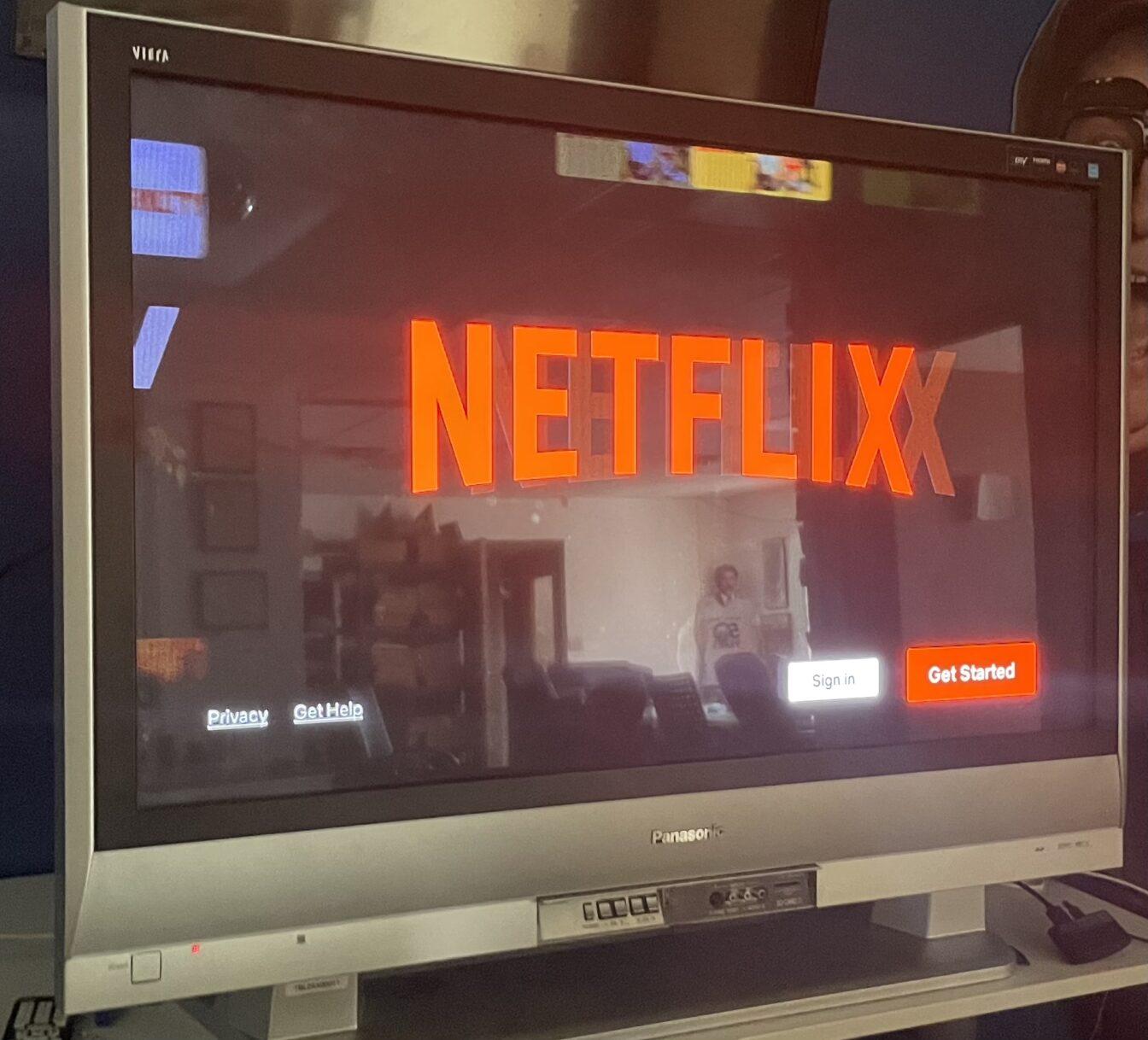“Dear White People,” director Justin Simien’s satire on today’s racial issues set in the scene of an Ivy League university, allows viewers to not only laugh at themselves for their own missteps in a world obsessed with political correctness but also brings up serious topics of racism in today’s society.
“Dear White People” attacks University of Wisconsin-relevant controversy with its statement on the challenges minority students face on a predominantly white campus and in society as a whole.
The movie follows black student characters who each show the different ways in which black students on a mostly white campus try to integrate or, in some cases, segregate themselves from the rest of the student population.
Sam White (Tessa Thompson, “For Colored Girls”), a half-black student who uses her radio show “Dear White People” to sharply call out the white community at her school for their micro-aggressive racist actions, sparks controversy with administrators who argue racism no longer exists when she calls out white, villainous character Kurt Fletcher (Kyle Gallner, “CBGB”) for his assertion that the most difficult thing to be in this country is a white, educated male.
With her radio show, Sam tells white people to listen up to the experiences that black students at Winchester University face every day when trying to achieve academic and social success at a school where the white president makes the argument that “racism is over in America.”
“Dear white people,” Sam says on her broadcast, “dating a black person to piss off your parents is a form of racism.”
With Simien’s incorporation of her radio show and the negative reaction from administration, he brings attention to the muted black voice on predominantly white college campuses.
So muted in fact, that white students seek to fill that void with their own interpretation of what it should sound like. At Winchester, they choose to speak for that void by throwing a blackface party where students are urged to “unleash your inner Negro.”
White students arrive wearing do-rags and weaves, only to have their party crashed by a group of offended black students.
With events like the infamous “Compton Cookout” at the University of California, San Diego, “Dear White People”‘s fictional party isn’t a far step away from reality. It makes me wonder what the reaction to an invitation like this would be at my own school.
By making light of day-to-day interactions with racial tensions we all face at a predominantly white campus, Simien holds a mirror to the white faces spending money on tanning beds or rapping along to hip-hop for the “permission” to drop n-words.
As Colandrea Conners, or Coco (Teyonah Parris, “A Picture of You”), says in defense of being a black bystander to the party, white people seek connections to black culture because they “wanna be like us.”
Simien keeps us laughing but also keeps us thinking as he addresses more serious notes of racism with heated debates that occur throughout the film. So, dear white people, this film is not laughing at you, but laughing with you. And dear UW’s 85 percent white campus, go see this movie.


